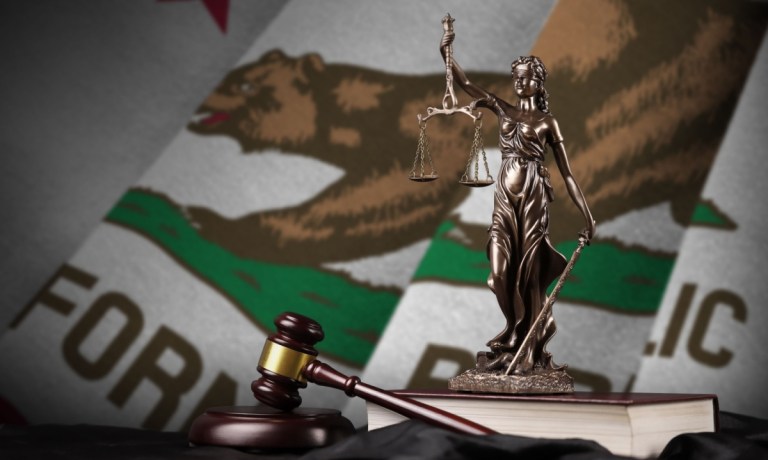
California’s newly passed artificial intelligence (AI) safety bill could dramatically alter the landscape of AI development and deployment, with far-reaching implications for tech giants, eCommerce platforms and startups alike as the industry grapples with stringent new regulations aimed at mitigating AI risks.
The legislation, known as Senate Bill 1047, now awaits a final procedural vote before reaching Gov. Gavin Newsom’s desk. If Newsom signs the bill, it could shape the future of AI development in the state. The bill introduces stringent safety testing requirements for AI companies developing models with a price tag exceeding $100 million or those utilizing substantial computing power. Additionally, it mandates that AI developers in California establish fail-safe mechanisms to shut down their models in case of emergencies or unforeseen consequences.
“AI has so much promise to make the world a better place,” State Sen. Scott Wiener, who spearheaded the bill, wrote on X (formerly Twitter) after the vote. “It’s exciting.”
SB 1047 — our AI safety bill — just passed off the Assembly floor. I’m proud of the diverse coalition behind this bill — a coalition that deeply believes in both innovation & safety.
AI has so much promise to make the world a better place. It’s exciting.
Thank you, colleagues.
— Senator Scott Wiener (@Scott_Wiener) August 28, 2024
However, the legislative action has ignited debate within the tech community, with industry giants vehemently opposing the measure. Critics argue that the bill could potentially drive AI firms out of California, stifling innovation and hampering the state’s position as a global tech leader.
“The California legislature is passing laws based on science fiction fantasies of what AI could look like,” Chamber of Progress Senior Tech Policy Director Todd O’Boyle said in a statement after the vote. “This bill has more in common with Blade Runner or The Terminator than the real world. We shouldn’t hamstring California’s leading economic sector over a theoretical scenario. Lawmakers should focus on addressing real-life bad actors and harms while empowering the best minds in California to continue innovating.”
Industry leaders warn that the departure of AI companies could lead to a significant brain drain and economic downturn in Silicon Valley and beyond. However, the bill has found an unlikely ally in Elon Musk, the CEO of Tesla and owner of X. Musk’s public support for the legislation on his social media platform has added a layer of complexity to the industry’s response, highlighting the divide even among tech leaders on how to approach AI regulation.
More here: Musk’s AI Safety Push Could Have Other Companies Following Suit
The implications of this bill extend into the realm of eCommerce, where AI has become an integral part of operations. Industry experts warn that the legislation could have widespread consequences for online retailers and platforms that rely heavily on AI for personalized shopping experiences, dynamic pricing and recommendation engines.
Critics of the bill point to its broad language and lack of granularity as potential pitfalls, particularly for smaller players and startups in the eCommerce space. They argue that the mandatory safety testing requirements could create insurmountable barriers for innovative companies leveraging AI to enhance customer experiences and streamline operations.
The tech industry is now at a crossroads, grappling with the tension between innovation and regulation. Proponents of the bill argue that it’s necessary to mitigate the potentially catastrophic risks associated with unchecked AI development. They contend that establishing a regulatory framework now will prevent more severe restrictions in the future and help build public trust in AI technologies.
Looking ahead, the tech industry faces a period of uncertainty and adaptation. If the new safety testing and shutdown requirements are signed into law, companies must quickly pivot to meet them. This could temporarily slow AI development as firms recalibrate their processes and redesign their AI models to comply with the latest regulations.
However, some industry analysts see a silver lining, suggesting that the new regulations could foster a more robust and trustworthy AI ecosystem. By setting clear safety standards and accountability measures, the bill could help alleviate public concerns about AI’s potential risks and pave the way for broader acceptance and adoption of AI technologies across various sectors.